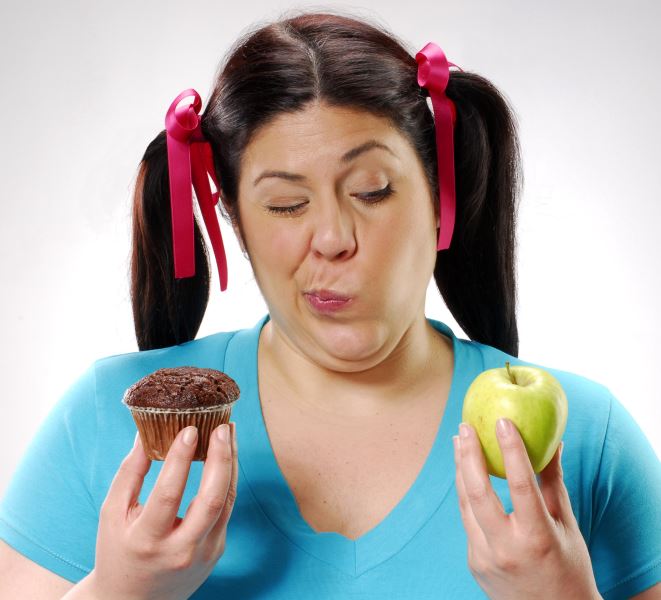Foods that Lower Cholesterol Levels

High cholesterol has become a silent killer in this modern world with poor lifestyles and dietary choices. Without any early symptoms, it damages our body in multiple ways.
Lowering cholesterol through diet is crucial to maintaining heart health and overall well-being. By incorporating specific foods into the diet, cholesterol levels can be effectively managed, and the risk of heart disease can be reduced. Understanding the role of these foods and their impact on the body is crucial for making informed and beneficial dietary choices.
What is Cholesterol?
Cholesterol, a fatty substance in the body, is crucial in various functions, from hormone production to cell membrane structure. There are two types of cholesterols – HDL (High-Density Lipoprotein) and LDL (Low-Density Lipoprotein). While LDL is often called bad cholesterol, HDL is the good cholesterol. When LDL cholesterol rises, and HDL cholesterol lowers, it can lead to severe cardiovascular problems. This makes it critical to focus on lowering bad cholesterol for better heart health.
A lower LDL cholesterol level helps the heart to function smoothly. Making simple yet strategic changes to the diet can help reduce cholesterol levels and enhance overall well-being. This blog post discusses good cholesterol foods and the foods to avoid to reduce cholesterol.
What causes high cholesterol?
High cholesterol levels can result from a combination of factors, like a diet high in saturated and trans fats, insufficient physical activity, smoking, obesity, and genetic predispositions. These factors can cause an elevation in low-density lipoprotein (LDL) cholesterol. The accumulation of this cholesterol can contribute to plaque formation in the arteries, leading to cardiovascular issues and an increased risk of heart disease.
What are the risk factors of high cholesterol?
Here are the risk factors of high cholesterol:
- Atherosclerosis
- Higher risk of cardiovascular diseases
- Increases chances of stroke
- Peripheral artery disease
- Hypertension
What are the symptoms of high cholesterol?
Here are some symptoms related to complications caused by high cholesterol:
- Chest pain (angina)
- Shortness of breath
- Leg pain
- Fat deposits under the skin
- Yellowish patches around the eyes
How to diagnose high cholesterol?
The diagnosis of high cholesterol involves a combination of a lipid profile blood test, a review of medical history, and an assessment of other risk factors for heart disease. The lipid profile test measures total cholesterol, HDL, LDL, and triglycerides. Based on these results and overall health evaluation, doctors can determine high cholesterol levels and assess the risk of cardiovascular disease. Regular screening and check-ups are essential for monitoring cholesterol levels and overall heart health.
What foods reduce cholesterol levels?
Dietary choices play a huge role in managing cholesterol levels. Cholesterol, specifically LDL, can be effectively controlled through a good cholesterol diet and avoiding a high cholesterol diet.
Below is the list of food to eat to avoid cholesterol for a healthy life:
- Oats: Oats are rich in fibre, which acts like a sponge in the digestive system, binding to cholesterol and expelling it from the body before it enters the bloodstream. Oats are one of the good cholesterol foods.
- Barley and Whole Grains: Like oats, barley, and other whole grains are the super foods that lower cholesterol fast by providing ample soluble fibre.
- Beans: Beans have a slow digestion rate that leads to feeling full for an extended period, making them a valuable asset for weight management and keeping the heart healthy.
- Eggplant and Okra: These low-calorie vegetables contribute to soluble fibre intake, assisting in cholesterol reduction.
- Nuts: Almonds, walnuts, and peanuts are associated with decreased LDL cholesterol levels. Nuts are one of the best sources of good cholesterol foods.
- Fruits: Grapes, apples, strawberries, and citrus fruits are rich in pectin, a form of soluble fibre that contributes to lowering LDL cholesterol.
- Soy: Soy protein found in soybeans, tofu, and soy milk can lower LDL cholesterol when consumed around 25 grams daily (about 284 grams of tofu or 2.5 cups of soy milk).
- Fatty Fish: Embracing a cholesterol diet that includes fish like salmon, mackerel, or trout two or three times weekly can effectively lower LDL cholesterol.
Which foods to avoid to reduce cholesterol?
In addition to focusing on good cholesterol foods that promote lower cholesterol, here is the list of foods to avoid to reduce cholesterol.
- Red Meat: This includes beef, pork, and lamb, as well as processed meats like sausage. Red meat is high in saturated fat, significantly contributing to elevated cholesterol levels.
- Full-Fat Dairy Products: Products such as full-fat milk, butter, and cream are rich sources of saturated fat. Substituting them with low-fat or fat-free dairy options can significantly reduce saturated fat intake.
- Baked Goods and Sweets: Many commercially prepared baked goods and sweets contain unhealthy trans and saturated fats.
- Fried Foods: Fried foods are often prepared using oils high in saturated or trans fats, contributing to increased LDL cholesterol levels. Reducing the consumption of deep-fried items is essential for cholesterol management.
- Butter: Butter is a concentrated source of saturated fat and dietary cholesterol. Consider alternatives like margarine with plant sterols or heart-healthy spreads with unsaturated fats.
By incorporating good cholesterol foods and reducing the intake of foods with high trans and saturated fats, one can take proactive steps toward achieving optimal heart health. People can significantly manage high cholesterol by ensuring a good cholesterol diet in their daily food intake.
In cases of any noticeable symptoms are prevalent, taking a lipid profile test is crucial in consultation with a doctor.
FAQs
1. What foods can lower cholesterol fast?
Oats, barley, and other whole grains, beans, eggplant, okra, nuts, and fruits can help lower cholesterol quickly.
2. What are the 5 signs of high cholesterol?
Left-sided chest pain, pressure or fullness, dizziness, unsteady gait, slurred speech, or pain in the lower legs are a few signs of high cholesterol.













